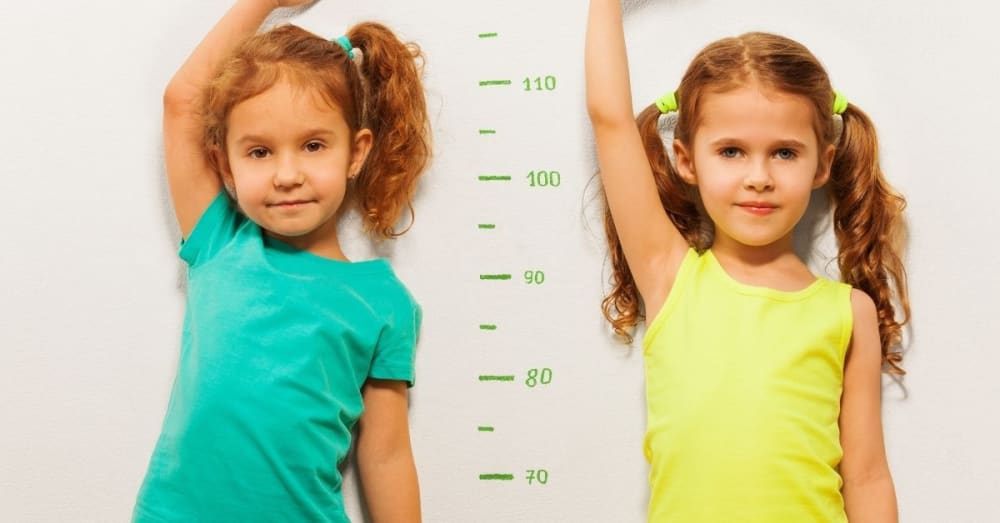January 2015
Gajendra Kumar, Amita Srivastava, Surinder Kumar Sharma, T. Divakara Rao, and Yogendra Kumar Gupta
Abstract
Background & objectives:
In the traditional system of medicine in India Ashwagandha powder and Sidh Makardhwaj have been used for the treatment of rheumatoid arthritis. However, safety and efficacy of this treatment have not been evaluated. Therefore, the present study was carried out to evaluate the efficacy and safety of Ayurvedic treatment (Ashwagandha powder and Sidh Makardhwaj) in patients with rheumatoid arthritis.
Methods:
One hundred and twenty five patients with joint pain were screened at an Ayurvedic hospital in New Delhi, India. Eighty six patients satisfied inclusion criteria and were included in the study. Detailed medical history and physical examination were recorded. Patients took 5g of Ashwagandha powder twice a day for three weeks with lukewarm water or milk. Sidh Makardhwaj (100 mg) with honey was administered daily for the next four weeks. The follow up of patients was carried out every two weeks.
The primary efficacy end point was based on American College of Rheumatology (ACR) 20 response. Secondary end points were ACR50, ACR70 responses, change from baseline in disease activity score (DAS) 28 score and ACR parameters. Safety assessments were hepatic function [alanine aminotransferase (ALT), aspartate aminotransferase (AST), alkaline phosphatase (ALP), bilirubin and ß2 microglobulin], renal function (urea and creatinine and NGAL) tests and urine mercury level.
Results:
The study was completed by 90.7 per cent (78/86) patients. Patients with moderate and high disease activity were 57.7 per cent (45/78) and 42.3 per cent (33/78), respectively. All patients were tested positive for rheumatoid factor and increased ESR level. Ashwagandha and Sidh Makardhwaj treatment decreased RA factor. A significant change in post-treatment scores of tender joint counts, swollen joint counts, physician global assessment score, patient global assessment score, pain assessment score, patient self assessed disability index score and ESR level were observed as compared to baseline scores. ACR20 response was observed in 56.4 per cent (44/78) patients (American College of Rheumatology criteria) and moderate response in 39.74 per cent (31/78) patients [European League Against Rheumatism (EULAR) criteria]. Ayurvedic treatment for seven weeks in rheumatoid arthritis patients showed normal kidney and liver function tests. However, increased urinary mercury levels were was observed after treatment.
Interpretation & conclusions:
The findings of the present study suggest that this Ayurvedic treatment (Ashwagandha powder and Sidh Makardhwaj) has a potential to be used for the treatment of rheumatoid arthritis. However, due to small sample size, short duration, non randomization and lack of a control group as study limitations, further studies need to be done to confirm these findings.











